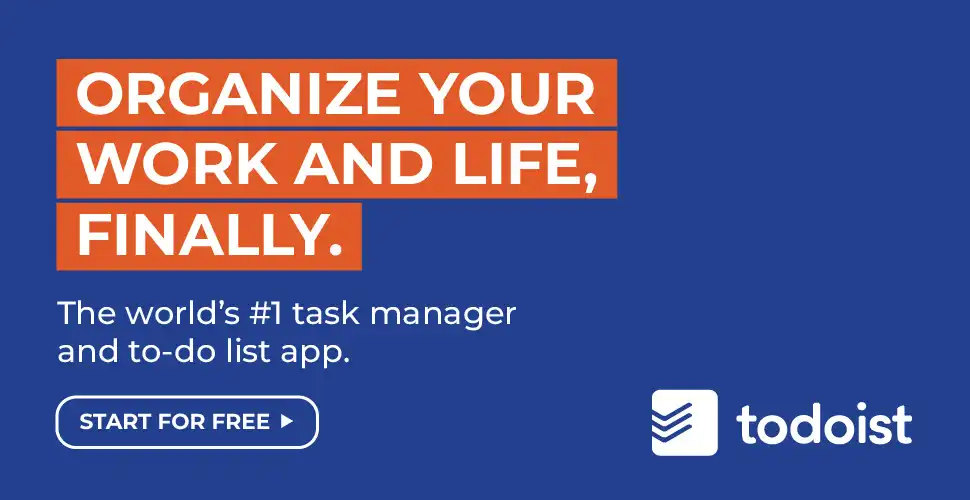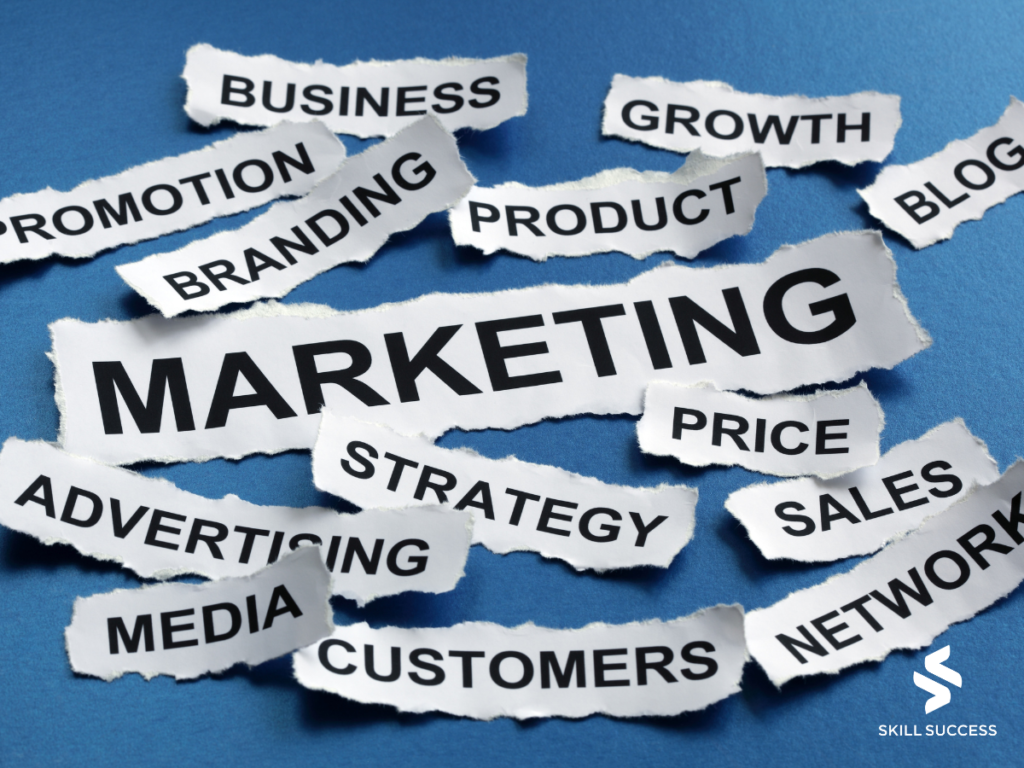

Are you a marketing professional looking for a new job? If so, you know that the competition is fierce. In order to stand out from the crowd, you need to have a marketing resume that is tailored to the specific job you are applying for and that uses the right keywords.
But how do you know which keywords to use? And how do you make sure your resume is formatted in a way that will be picked up by applicant tracking systems (ATS)?
In the past, writing a resume was a fairly straightforward process. You would simply list your education, work experience, and skills. However, in the modern digital world, things are a bit more complicated.
Today, most employers use ATS to scan resumes for keywords. This means that if your resume doesn’t include the right keywords, it may never even be seen by a human recruiter.
That’s why it’s so important to do your research and find out which keywords are relevant to the job you are applying for. Once you know which keywords to use, you need to make sure they are used strategically throughout your resume. Don’t just sprinkle them in randomly. Instead, use them in your skills section, your work experience, and even your education section.
In this article, we will discuss the most important marketing resume keywords for 2023 and provide tips on how to use them effectively. We will also discuss the importance of learning career development courses to improve your marketing skills and boost your resume.

Let’s delve into various keyword categories and explore how to effectively integrate them into your resume to make it a standout document.
Showcasing industry-specific skills underscores your proficiency in contemporary marketing methodologies. These skills demonstrate your prowess in navigating the evolving digital landscape while delivering measurable outcomes.
Example Keywords and Usage:
In the digital era, technical know-how is pivotal for marketing success. Incorporating technical keywords showcases your adeptness in leveraging digital tools for impactful marketing strategies.
Example Keywords and Usage:
Highlighting result-oriented achievements underscores your tangible contributions to previous roles. Using keywords that emphasize successful outcomes showcases your ability to generate measurable impacts.